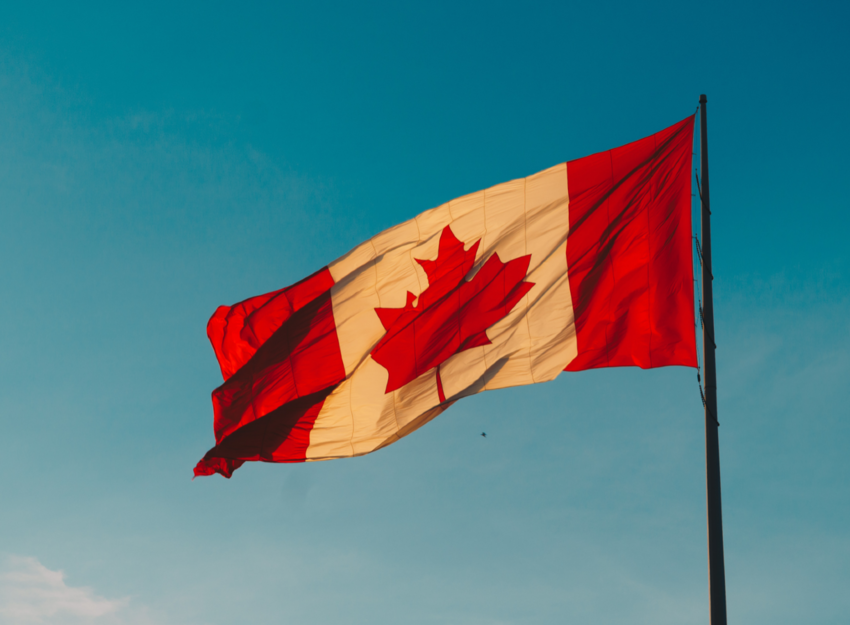Our neighbors up north have a lot more to their lexicon than “eh” and “aboot.” If you’re interacting with a friendly Canuck (that’s slang for Canadian) and they throw down one of these words or expressions, you’ll be well in the know with just what they’re talking … aboot.
Toque / Tuque
In America, you might call a hat you wear in the winter a beanie, skull cap, or, simply, a knit hat. In Canada, it’s referred to as a “toque,” a single-syllable word that rhymes with juke. It’s been the French word for a winter hat since the early 16th century, and as a bilingual nation, certain French-isms have become national parlance.
Loonie / Toonie
Americans take pride in their $1 bill, but our northerly neighbors have saved millions of trees by switching to coins. Their one-dollar coin is known as a loonie (pronounced looney) because a loon, a type of bird, is depicted on one side. When a $2 coin was introduced, it quickly was given the moniker of “toonie,” as in two + loonie.
Giv’r
Canadians are known for their gritty tenacity (and with subzero temps for half the year, who can blame them?), and this down-home expression speaks to that. Saying, “Giv’r Bob!” means you’re rooting on someone to give it their all. “Giv’n’r” is also shorthand for someone or something that’s really been putting the proverbial pedal to the metal.
Head’r
On a similar note to giv’r, after you’ve given it your all, you may use this word to signal you’re hanging up your hat and heading home for the night — whether from work, a hockey game, or an evening with friends. “I’m gonna head’r,” is an easy way to say goodnight.
Double Double
No toil or trouble here – Canadians are big fans of Tim Horton’s (or Timmy Ho’s if you’re a local), a national coffee shop chain that’s similar to Dunkin’ Donuts. Ordering a double double is shorthand for a coffee with two creams and two sugars.
Beauty
You might know the word beauty as a way to describe someone’s appearance, but Canadians will describe anything great as a beauty. You might say beauty as a way of expressing thanks, or suggesting something is cool, as in, “That’s a beauty.”
Keener
Nerd alert! Anyone who’s super keen, eager, or overly enthusiastic may be slapped with the lightly chiding label of “keener.” It’s used in a way that’s similar to a brown-noser or geek, but many people will jokingly apply it to themselves.
Gotch / Ginch / Gitch / Gonch
The spelling and pronunciation might change slightly from province to province, but all of these words refer to underwear — specifically men’s.
Hosed
There’s a lot of regionalisms around getting drunk up north, but hosed is a pretty well-known national term for having a good time. So much so, in fact, the term “Hoser” exists to describe someone who acts boorish even when they haven’t knocked back a few Molsons (a popular domestic beer).
Snowbirds
Speaking of traveling distances, a Canadian resident (often retired) who spends their summers in Canada but winters in America is known as a snowbird because they, like Canadian wildlife, like to migrate to warmer climes when it gets cold out.
Kerfuffle
If there’s a bit of a dust-up, argument, fuss, or fight, you may be referring to a kerfuffle. It’s said how it looks – kerr-fuff-el – and is pretty much the most fun Canadian word you’ll ever learn.
Parkade
Americans call them parking garages; Canadians put their cars into parkades. Interestingly the etymology of this word is disputed and may actually be of American origin, although it’s far more commonly used in Canada.

